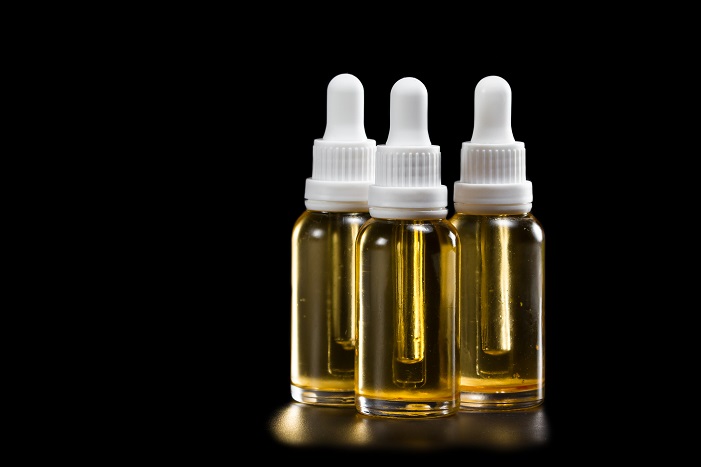
Cineol, also spelled cineole, comes from the new Latin term “oleum cinae”, which means “oil of wormseed”. It is another term for eucalyptol, a terpene ether found in eucalyptus oil.
Chemistry
Eucalyptol’s molecular formula is C10H18O. It is generally recognized as safe (GRAS) monoterpene and cyclic ether by the Flavor and Extract Manufacturer’s Association (FEMA). The FDA has approved its use as safe in food. It is a colorless organic water-soluble fluid found mostly in eucalyptus oil, but also in other plants’ essential oils.
Uses
Eucalyptol has been found to aid patients with COPD, asthma, rhinosinusitis and acute bronchitis. It is an anti-inflammatory, as well as thinning mucus and opening bronchial passages. Studies using it against placebo showed statistically significant improvements of those patients treated with it.
Eucalyptus oil is useful as an antimicrobial and anti-inflammatory found in creams, lotions, sprays, and other products for the skin and hair. You can also find it in pain relief and dental products. It can be used against both internal and external parasites, fungal infections, and viruses. Inhaled, you can use it as a mood enhancer and stimulant, and a decongestant. It can help you lower fevers, help with allergies, and boost your immune system.
At home, you can use it to freshen rooms, help remove laundry stains, sanitize surfaces, and helps remove stubborn substances from hands when mixed with salt and used as a scrub. It is often included with other oils (peppermint, lavender, and frankincense to name a few), as part of spa packages for aromatherapy and diffusers.
It is used as flavorings in candies, cough drops, and dental hygiene products, and imparts a cooling taste to them. It is also used in some tobacco products.
How to use
You can buy cineol products in stores, or you can make them in your own home. Look up how-to instructions online. Mix your own scents for diffusers and aromatherapy, but make sure that the oils you use are certified, pure (not synthetic or adulterated), therapeutic-grade/food grade, and organic/indigenously sourced.
The higher quality oils may be more expensive but will work better and be safer. If possible, look for Gas Chromatography/Mass Spectrometer testing (GC/MS testing), and Latin names to ensure you are getting the real thing. Also, check the brand’s reputation, and if possible, smell the product before purchase.
Caution is needed, because some adverse reactions, including drowsiness and nausea, have been observed with up to a teaspoon of eucalyptol, and some deaths have occurred with a teaspoon or more being ingested. You should not take it above recommended or prescribed doses. You should limit using it around dogs and cats, as it is toxic to both.
You might want to test for allergies before you begin using it in large areas of your house or as part of your daily hygiene routine, and if you are using other homeopathic treatments or prescription drugs, check for interactions and interference with those treatments.